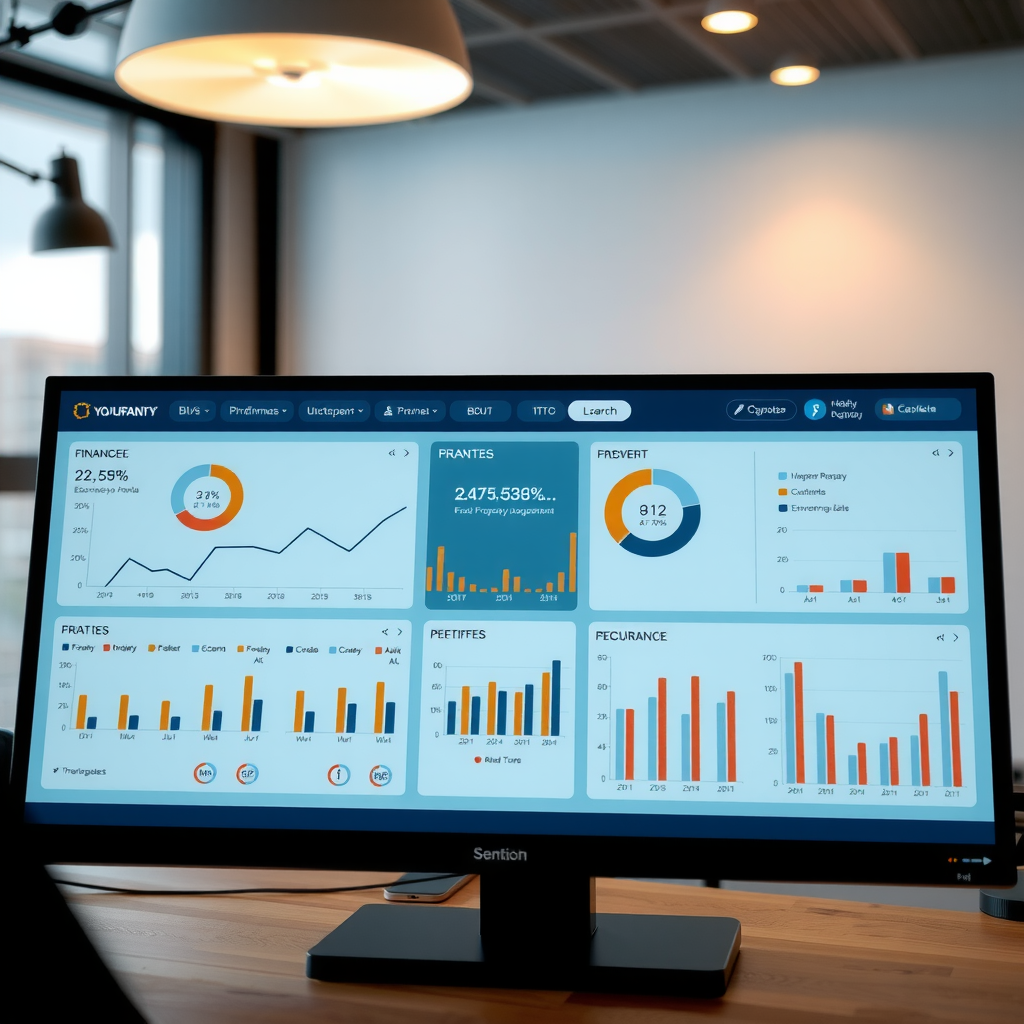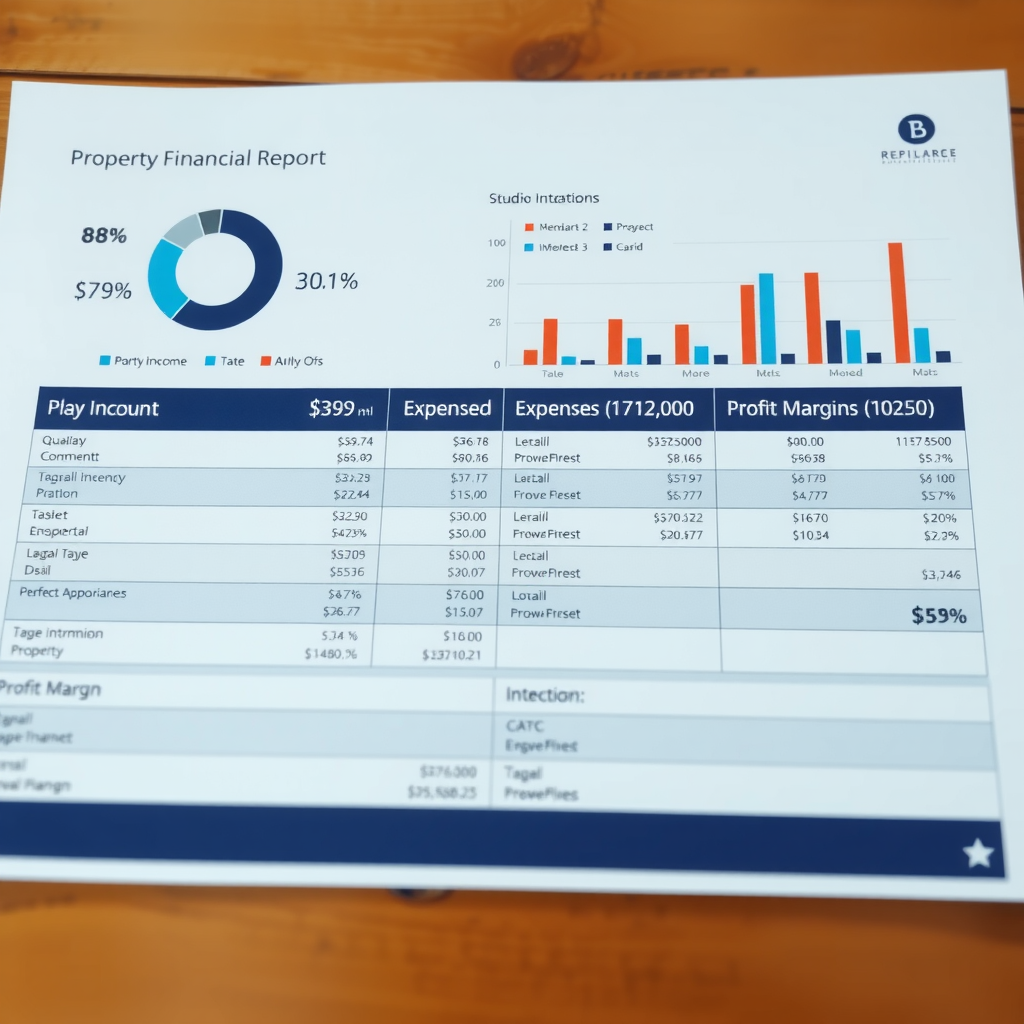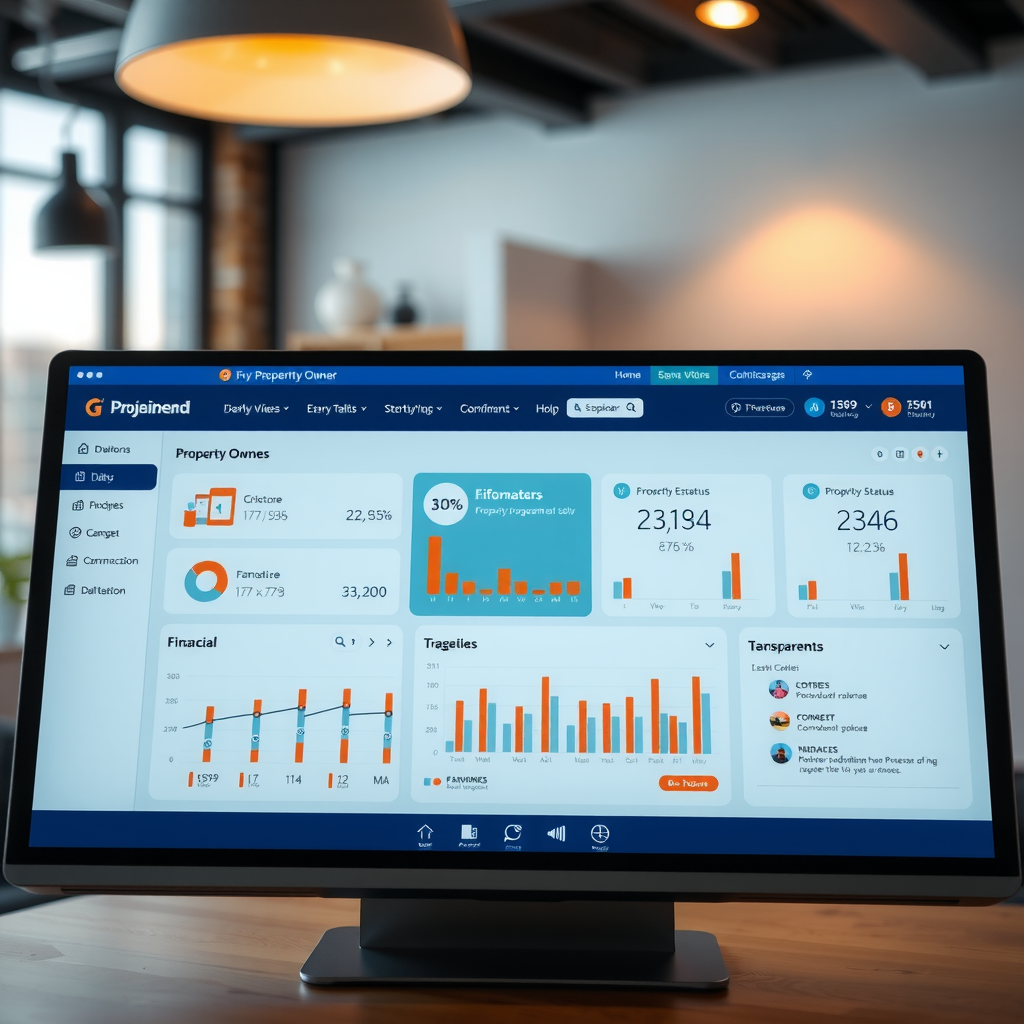Building Strong Relationships with Property Owners as a Manager

In the competitive landscape of property management, the relationship between managers and property owners forms the cornerstone of long-term success. Building and maintaining strong partnerships requires dedication, transparency, and consistent communication that goes beyond basic service delivery.
The Foundation of Trust
Trust is the bedrock upon which successful property management relationships are built. Property owners entrust managers with their valuable assets, often representing significant financial investments and personal wealth. Establishing this trust requires more than just professional credentials—it demands consistent demonstration of reliability, integrity, and competence.
From the initial consultation, property managers must set realistic expectations while showcasing their expertise. This involves being honest about market conditions, potential challenges, and achievable outcomes. Overpromising to secure a contract may win short-term business, but it inevitably leads to disappointment and damaged relationships down the line.
"The most successful property management relationships are built on a foundation of mutual respect, clear communication, and shared goals. When owners feel heard and valued, they become partners rather than just clients."
Effective Communication Practices
Communication stands as the single most critical factor in maintaining strong owner relationships. Property managers must establish clear communication channels and protocols from the outset, ensuring owners know when and how they'll receive updates about their properties.
Regular Reporting Schedules
Implementing a consistent reporting schedule demonstrates professionalism and keeps owners informed without overwhelming them. Monthly financial statements, quarterly performance reviews, and annual strategic planning sessions create a rhythm that owners can rely on. These reports should be comprehensive yet digestible, highlighting key metrics such as occupancy rates, rental income, maintenance costs, and market trends.

Proactive Problem Communication
When issues arise—and they inevitably will—proactive communication becomes paramount. Property owners appreciate being informed about problems before they escalate, along with proposed solutions. Whether it's a maintenance emergency, tenant dispute, or market downturn, managers should reach out immediately with a clear assessment of the situation and recommended action steps.
This proactive approach transforms potential crises into opportunities to demonstrate competence and reliability. Owners who receive bad news alongside a well-thought-out solution plan are far more likely to maintain confidence in their manager's abilities.
Transparency in Operations and Finances
Financial transparency represents a non-negotiable aspect of property management relationships. Owners need complete visibility into how their money is being managed, from rental income collection to expense allocation. Modern property management platforms like Smoobu provide comprehensive financial tracking and reporting tools that make transparency effortless.
Detailed Financial Documentation
Every transaction should be documented and easily accessible to property owners. This includes:
- Itemized monthly statements showing all income and expenses
- Clear documentation of maintenance and repair costs with supporting invoices
- Transparent fee structures with no hidden charges
- Regular reconciliation of accounts with bank statements
- Year-end tax documentation prepared in advance
Utilizing property management software streamlines this process, allowing owners to access real-time financial data whenever they need it. This level of transparency builds confidence and reduces the need for constant check-ins and explanations.

Managing Expectations Effectively
One of the most challenging aspects of property management involves aligning owner expectations with market realities. Many property owners have optimistic projections about rental income, occupancy rates, and property appreciation that may not reflect current market conditions.
Setting Realistic Goals
Successful property managers educate their clients about market dynamics, seasonal fluctuations, and realistic performance benchmarks. This education process should begin during the initial consultation and continue throughout the relationship. Providing comparative market analyses, historical performance data, and industry benchmarks helps owners understand what constitutes reasonable expectations.
When market conditions change, managers must promptly communicate these shifts and adjust strategies accordingly. Whether it's recommending rental rate adjustments, suggesting property improvements, or discussing marketing strategies, keeping owners informed and involved in decision-making strengthens the partnership.
Key Performance Indicators to Track
Leveraging Technology for Better Relationships
Modern property management technology has revolutionized how managers interact with property owners. Platforms like Smoobu provide comprehensive solutions that enhance transparency, streamline communication, and improve overall service delivery.
Owner Portal Benefits
Dedicated owner portals give property owners 24/7 access to critical information about their investments. These portals typically include:
- Real-time financial dashboards with income and expense tracking
- Maintenance request histories and status updates
- Tenant information and lease documentation
- Property performance analytics and reports
- Direct messaging capabilities with property managers
By providing this level of access, managers reduce the administrative burden of responding to routine inquiries while empowering owners with the information they need to feel confident about their investments.

Creating Long-Term Partnerships
The ultimate goal of relationship building in property management extends beyond simple service provision—it's about creating lasting partnerships that benefit both parties. Long-term relationships reduce turnover costs, build referral networks, and create stability for both managers and owners.
Value-Added Services
Exceptional property managers go beyond basic management duties to provide additional value. This might include market insights, investment advice, property improvement recommendations, or connections to trusted contractors and service providers. By positioning themselves as strategic partners rather than just service providers, managers become indispensable to their clients' success.
Regular strategy sessions where managers and owners discuss long-term goals, market opportunities, and portfolio optimization demonstrate commitment to the owner's overall success. These conversations should address topics like property upgrades, market timing for sales or acquisitions, and tax optimization strategies.
Celebrating Successes Together
Acknowledging and celebrating milestones strengthens relationships. Whether it's achieving full occupancy, completing a major renovation, or reaching a financial goal, taking time to recognize these achievements reinforces the partnership dynamic. Simple gestures like congratulatory messages, annual performance reviews highlighting successes, or client appreciation events can significantly impact relationship longevity.
Best Practices for Property Manager-Owner Relationships
- Establish clear communication protocols from day one
- Provide regular, detailed financial reporting
- Be proactive about problems and solutions
- Set and manage realistic expectations
- Leverage technology for transparency and efficiency
- Offer value beyond basic management services
- Maintain professional boundaries while building rapport
- Continuously educate owners about market conditions
- Respond promptly to inquiries and concerns
- Celebrate successes and learn from challenges together
Handling Difficult Conversations
Not every interaction with property owners will be positive. Market downturns, unexpected expenses, problem tenants, and other challenges require managers to navigate difficult conversations with grace and professionalism.
When delivering bad news, preparation is key. Managers should present the facts clearly, explain the context, outline potential solutions, and recommend a course of action. Avoiding blame, maintaining composure, and focusing on solutions rather than problems helps preserve the relationship even during challenging times.
It's also important to listen actively to owner concerns and frustrations. Sometimes owners simply need to be heard and validated before they can move forward constructively. Demonstrating empathy while maintaining professional boundaries creates space for productive problem-solving.
Conclusion
Building strong relationships with property owners requires consistent effort, clear communication, unwavering transparency, and genuine commitment to their success. Property managers who invest in these relationships create sustainable businesses built on trust, mutual respect, and shared goals.
The property management industry continues to evolve, with technology playing an increasingly important role in facilitating better owner relationships. Platforms like Smoobu provide the tools necessary to deliver exceptional service while maintaining the personal touch that distinguishes great property managers from merely adequate ones.
By focusing on communication, transparency, realistic expectation management, and value creation, property managers can transform transactional relationships into lasting partnerships that benefit everyone involved. In an industry where reputation and referrals drive growth, these strong relationships become the foundation for long-term success and business sustainability.